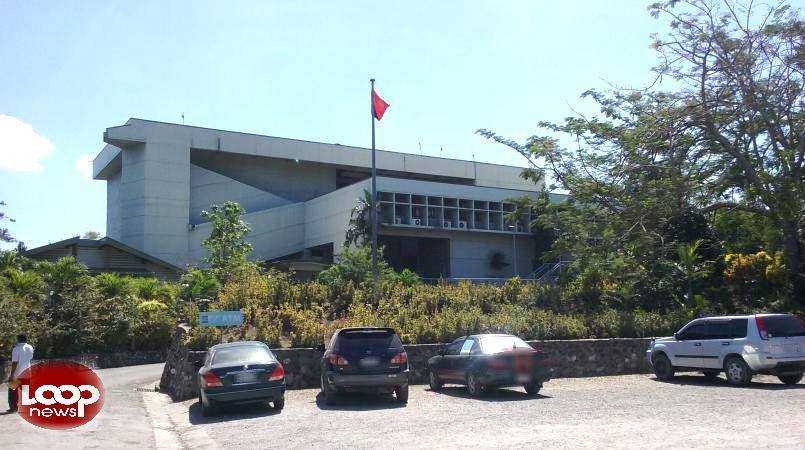
The case involving more than 116,000 hectares of customary land in the East Sepik Province has been sent back to the court registry by the Supreme Court this week.
The matter was adjourned and remitted to the registry after parties brought to the Supreme Court’s attention that there is a misunderstanding amongst the parties regarding one of the orders that was issued in the October Supreme Court sitting.
The order, which parties have misinterpreted, is regarding the planting of oil palm, and any associated activities in relation to oil palm planting on the land after the high court upheld the National Court’s decision to revoke the SABL.
Customary landowners have been advised against planting any oil palm on the land.
Justice Derek Hartshorn briefly heard oral submissions and advised parties to file appropriate applications seeking verification of the order in question.
This will return to court at a later date.
The customary land described as Special Agriculture and Business Lease (SABL) portion 144c was granted to the Sepik Oil Palm Plantation back in 2008 for development, but after a long court battle between customary landowners and developers, the Supreme Court agreed with the National Court’s decision to revoke the SABL.
116,144 hectares of customary land was reverted to the people of Turubu LLG in the Wewak District and half to Sausso in Yangoru-Saussia district, East Sepik Province.
On Sept 2, 2008, Pepi Kimas, as Secretary for Lands and Physical Planning, granted a Special Agriculture and Business Lease (SABL) over an area of land, described as portion 144c, in the East Sepik Province.
In 2011, Leo Maniwa, on behalf of the Kowiru villagers and others, filed a case in the Waigani National Court against Aron Malijiwi as the directors of Limawo Holdings and Sepik Oil Palm project.
Others also listed as respondents in the judicial review case are Hui Teck Lau – in his capacity as the Director for Wewak Agriculture Development and Director for Sepik Oil Palm Plantation Ltd, Limawo Holdings Ltd, Wewak Agriculture Development Ltd, Sepik Oil Palm Plantation,
Puka Temu as Minister for Lands and Physical Planning (back in 2008), Pepi Kimas as
Secretary for Lands and Physical Planning (in 2008) and the State.
The landowners in the case are from Turubu LLG in Wewak District and Sausso LLG in Yangoru-Saussia District, East Sepik Province. The land consists of 116,114 hectares of customary land which includes the entire villages, their burial and sacred sites, sago and other trees on their customary land from Turubu LLG, Wewak District and half of Sausso.
The National Court on July 4, 2014, quashed the decision made by the Secretary for Lands and Physical Planning on Sept 2, 2008 to grant a SABL over portion 144c, in the East Sepik
Province.
Justice Gavara-Nanu ordered that SABL granted to Sepik Oil Palm Plantation Ltd by the Minister then on Sept 2, 2008, is null and void and of no effect.
A Supreme Court appeal was filed by the Director for Wewak Agriculture Development and
Director for Sepik Oil Palm Plantation Ltd, Hui Teck Lau, and others in 2014 against Leo Maniwa and the Kwiru villagers and others, including Minister Temu, Secretary Kimas and the State.
The Supreme Court on Aug 31, 2016 dismissed that appeal and confirmed the findings and orders that the National Court has earlier issued.
